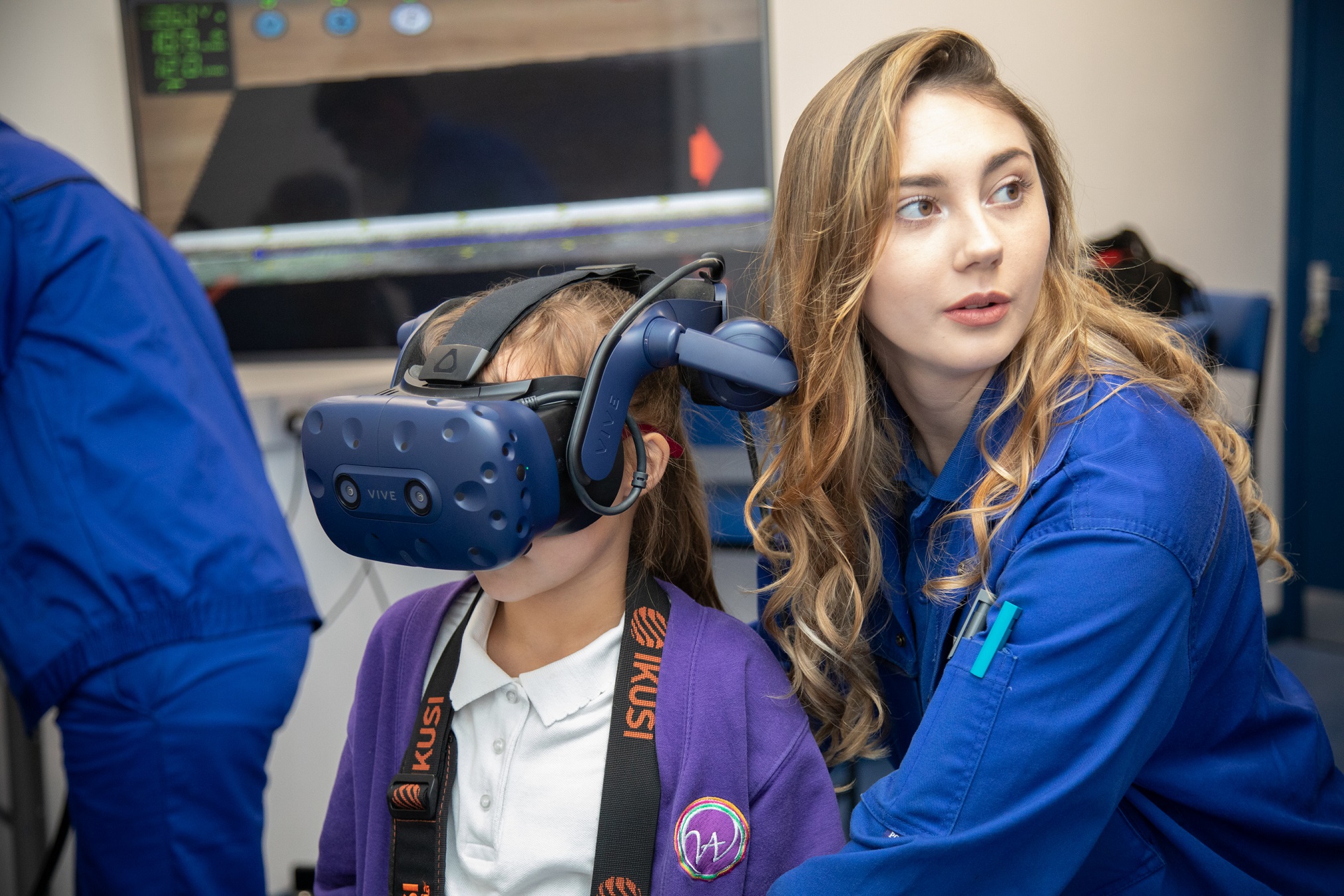
Ellen Thinnesen appointed to lead North East LEP’s Skills Advisory Panel
The North East Local Enterprise Partnership (LEP) has appointed a new Chair to its Skills Advisory Panel.
Ellen Thinnesen will lead the Skills Advisory Panel as it supports the drive to improve skills in the North East workforce.
Ellen is CEO of Education Partnership North East (EPNE), a partnership between Sunderland College, Hartlepool Sixth Form and Northumberland College.
EPNE is one of the largest college groups in the country with campuses across the North East region, from Berwick-upon-Tweed to the Tees Valley, and a combined student enrolments of over 21,500.
Ellen first began her career as a qualified nurse and has previously held high-profile positions within the education sector in Manchester and the Yorkshire and Humber regions.
In her previous role as Principal and Chief Executive of Sunderland College, her ambitious vision led the college through two highly successful mergers.
She has held numerous board positions in the education and not-for-profit sectors within the North East and beyond. She continues to contribute nationally to influence education policy and reform.
Michelle Rainbow, Skills Director at the North East LEP, said: “Improving skills in the North East workforce is fundamental to our economic future, especially now as we adapt to the significant challenges presented by COVID-19.
“Ellen is an inspiring leader who is truly passionate about making a difference and raising aspirations in the North East. We are delighted to welcome her as Chair of the Skills Advisory Panel.”
Ellen Thinnesen said: “I am honoured to be appointed as Chair of the Skills Advisory Panel. I look forward to working with the other panel members to continue to support the LEP to ensure we have a thriving skills system which meets the current and future needs of employers and drives the goal of creating more and better jobs for our region.”
Through the Skills Advisory Panel, the LEP is working to understand our region’s current and future skills needs and labour market challenges. The panel includes representatives from the North East LEP, the North East Combined Authority and North of Tyne Combined Authority, universities, colleges and local businesses. The work of the Skills Advisory Panel will feed directly into the development and delivery of the North East Local Industrial Strategy.








